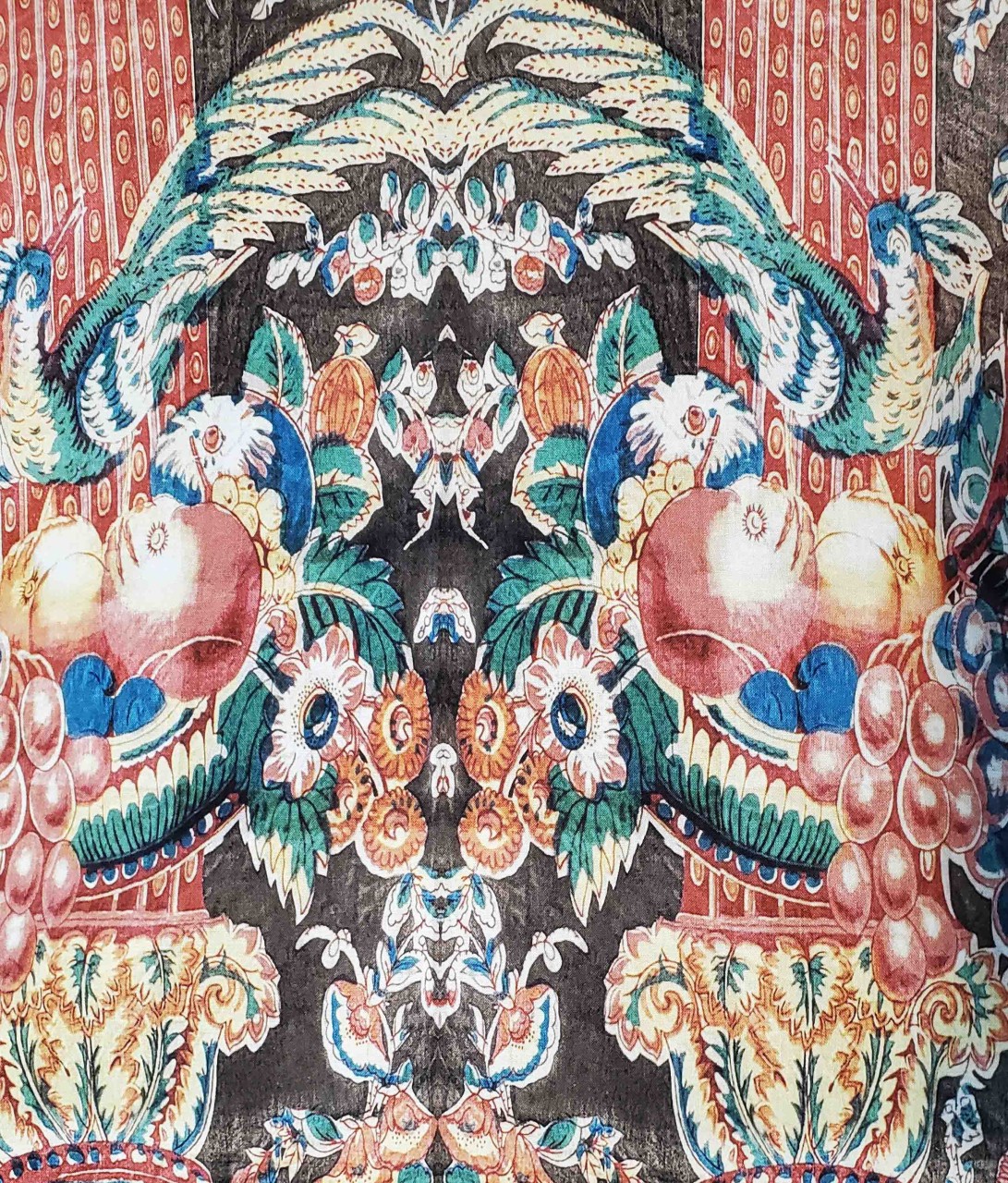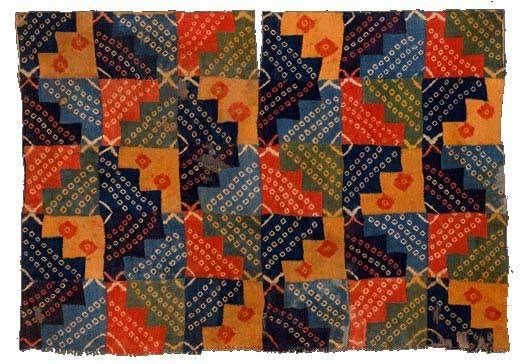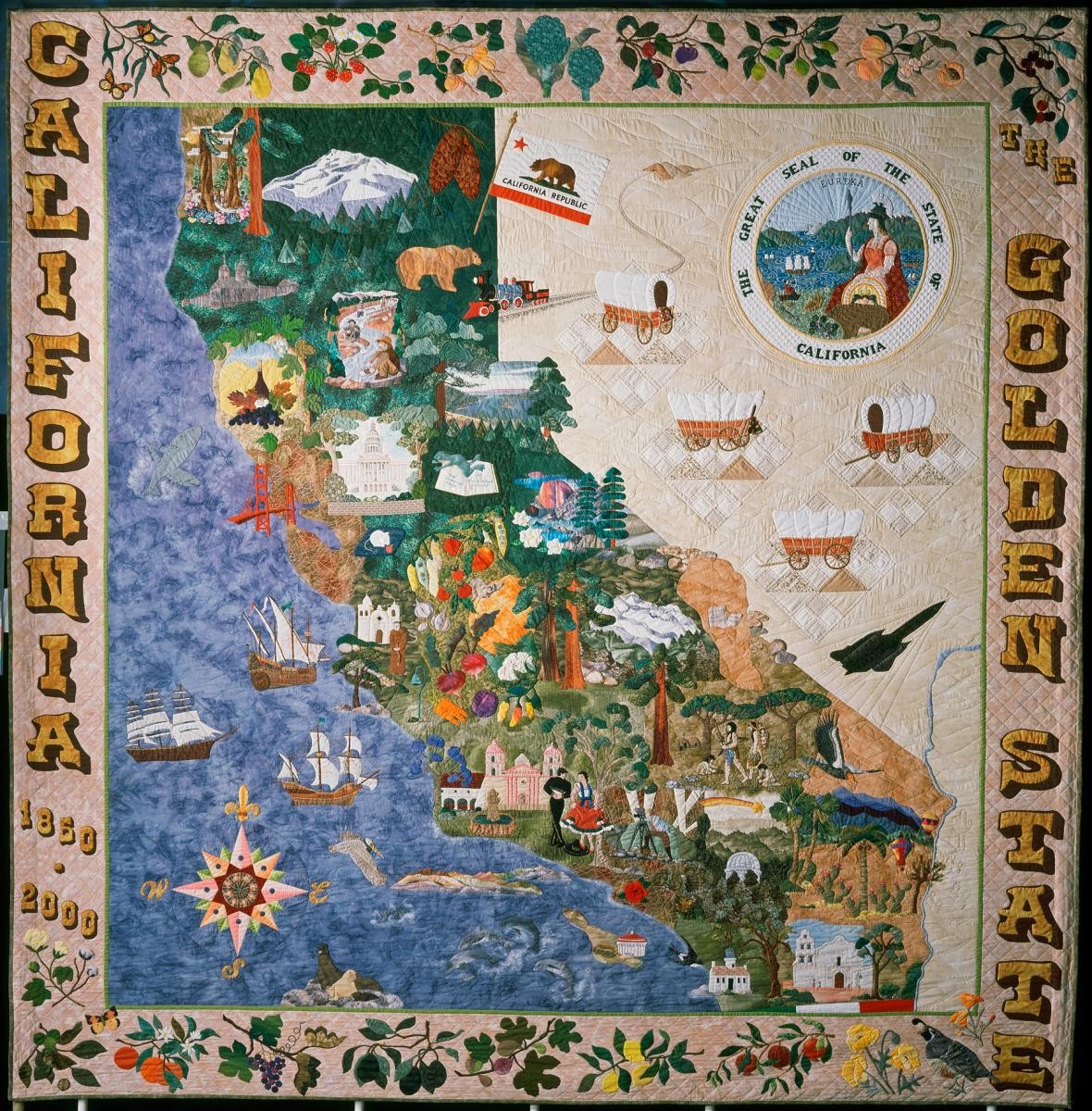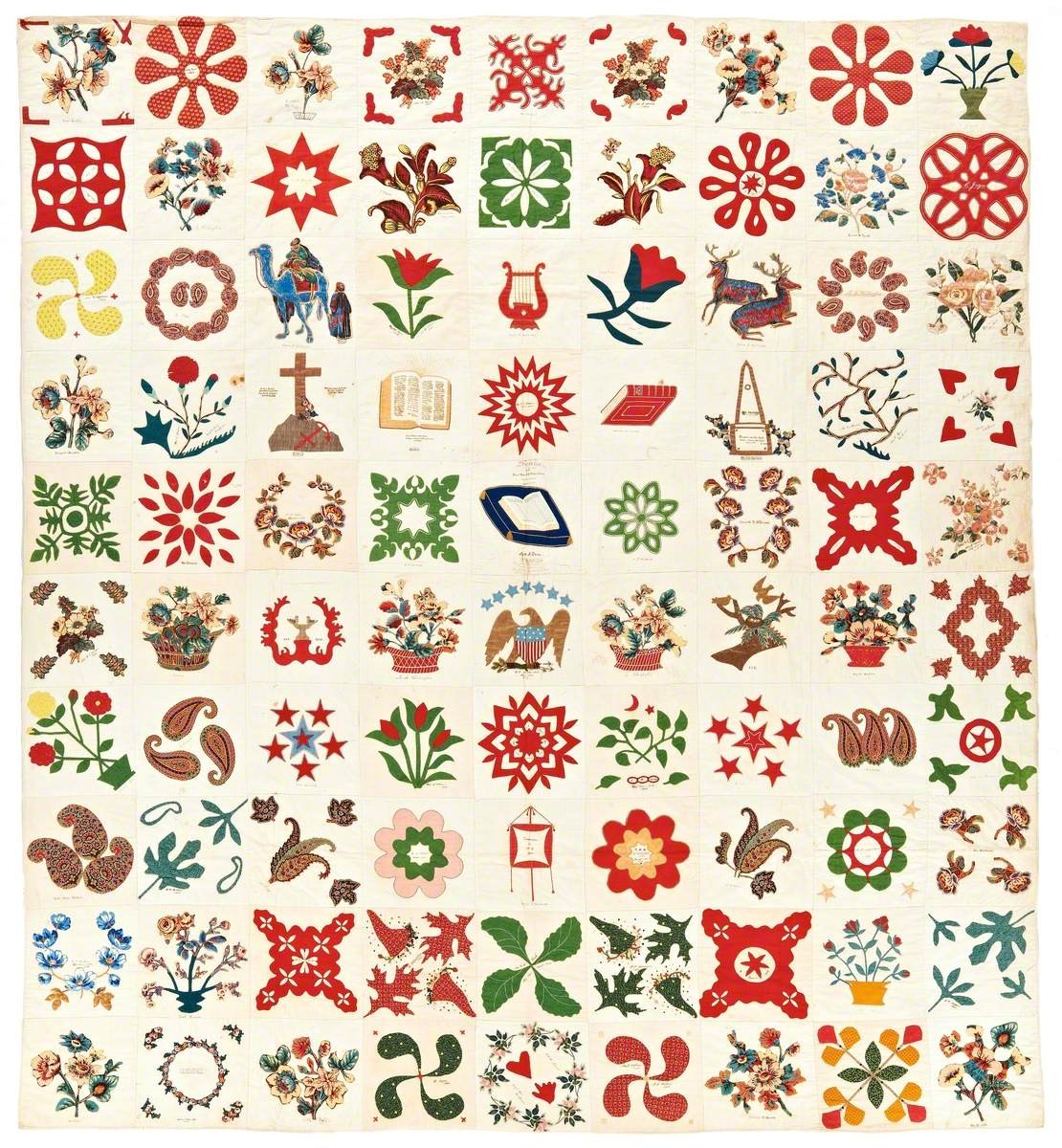
The fabric is coming, the fabric is coming!!! I received the tracking number from Robert Kaufman on Monday and have followed our reproduction Bird in a Basket Pillar Print fabric diligently every day. Plans are for it to be delivered tomorrow. Kay and I can’t wait! We’ll be thrilled to have it in hand with the pre-orders going out. Thanks to everyone who ordered. If you didn’t get it ordered, now is the time to get your yardage of the Bird in a Basket Pillar Print at this link. Also don’t forget to mark your calendar June 15-17 for the Kansas City Regional Quilt Festival. This quilt festival has grown even larger this year and will of course feature a special exhibit of the 2020 Triplett Sisters Block of the Month The Wedding Album Quilt. The...





